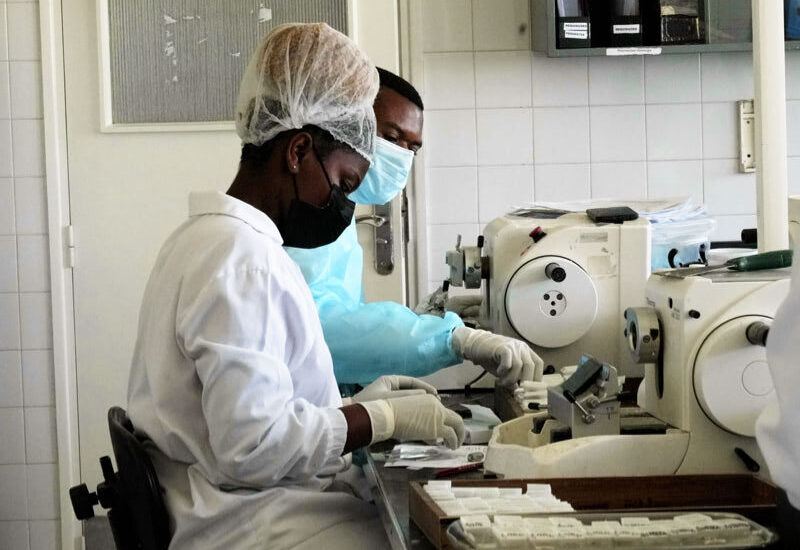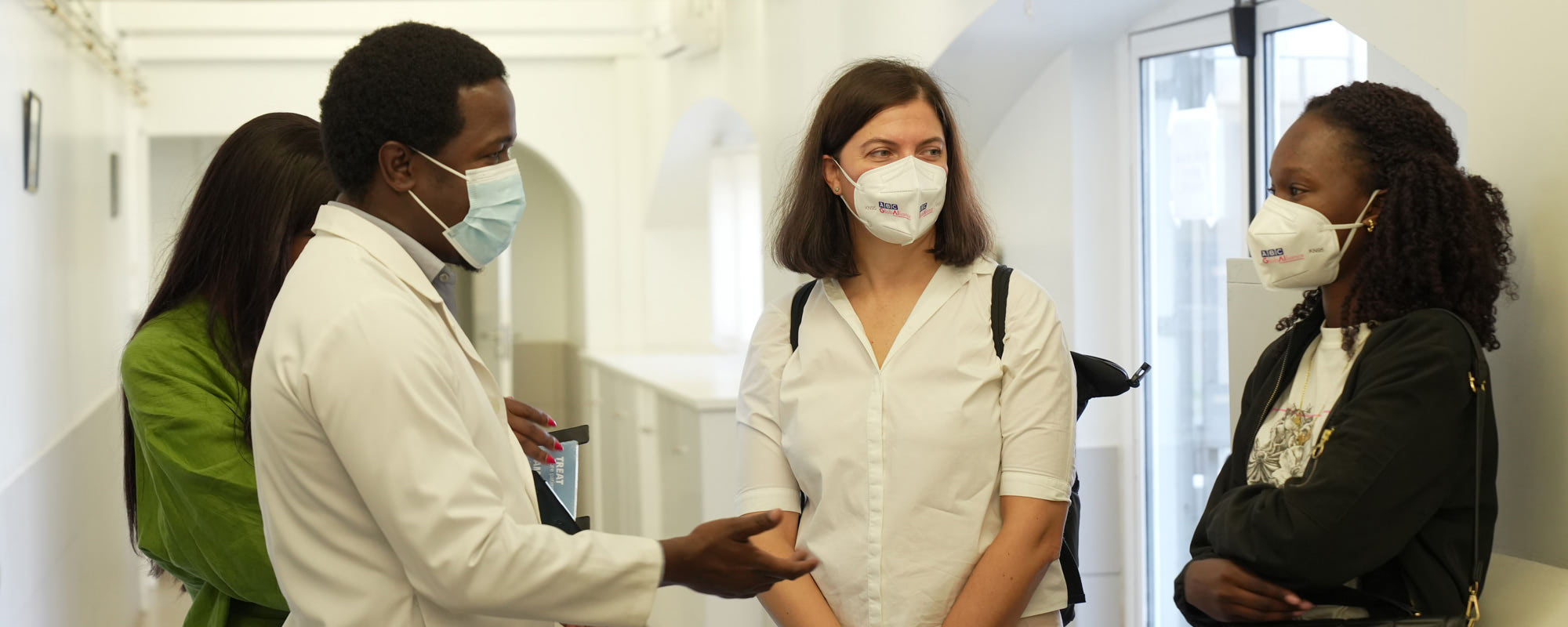The Max Foundation, ABC Global Alliance and their partners in the Humanitarian PACT Address Urgent Needs of Women Living with Advanced Breast Cancer
At The Max Foundation, our driving focus for 26 years has been to provide patients in low- and middle-income countries with access to life-extending medication. We believe that women living with advanced breast cancer, the most common cancer impacting them in low- and middle-income countries, deserve access to medication that can help improve their health outcomes and quality of life. The Humanitarian Partnership for Access to Critical Treatments (PACT) is a groundbreaking collaboration that shares this unwavering commitment and supports access to medication, treatment, and care for patients in these countries, at no cost to them.
In October 2023, the first three patients began receiving HER2- HR+ advanced breast cancer treatment in Mozambique. The Humanitarian PACT is currently supporting these efforts in nine countries, with plans to expand to additional countries.
“There is a compelling unmet medical need, and we are grateful to our partners who share our deep commitment to improving outcomes in the most common cancer impacting women in the low-income world”
— Pat Garcia-Gonzalez, CEO, The Max Foundation
Perspectives on Access to Medicines
Managing treatment for advanced breast cancer can pose unique challenges in low- and middle-income countries. Routine pathology, diagnostic exams, and standard medicines aren’t always available. Patients may also receive inadequate treatment, including supportive and palliative care, due to limited resources. This is on top of everyday challenges like locating transportation to medical centers and getting time off from work.
The Humanitarian PACT provides support to address these challenges. In addition to increasing access to treatment, preparations are underway to expand in-country teams, grow the physician network, and introduce programs to strengthen health systems like diagnostics and supportive care.
By helping women overcome these barriers and providing much-needed support, our goal is to restore dignity and hope to those who would otherwise be overlooked.
Cancer knows no boundaries
Breast cancer is the leading cause of death for women worldwide
Globally one out of six deaths is due to cancer
- Approximately 70% of deaths occur in low-and middle-income countries (LMICs)
- 80% of patients in LMICs are diagnosed with breast cancer at the metastatic stage
- More than 55% of those deaths occur in low-and middle-income countries
Humanitarian PACT
The Humanitarian Partnership for Access to Critical Treatments (Humanitarian PACT) is a multi-stakeholder collaboration among professional, non profit and commercial organizations that share the commitment of the Max Foundation to increase global access to treatment, care, and support for people living with cancer.
Members of the Humanitarian PACT, in partnership with The Max Foundation, plan to invest resources and/or their unique knowledge and capabilities to support the expansion of Max Access Solutions in providing access to treatment for HR+/HER2- advanced breast cancer.
Founding partners of the Humanitarian PACT for Advanced Breast Cancer include the ABC Global Alliance, the American Society for Clinical Pathology, Cepheid, and Novartis AG.
Accelerating health equity. One patient at a time.
The Max Foundation is initially providing access to advanced breast cancer treatments in nine countries with plans to expand to 25 countries by 2025. Patients enrolled in the program will receive medication and support free of charge.
How to Help
The urgent needs of women living with advanced breast cancer has been overlooked. Let us help those who no one else is helping.



